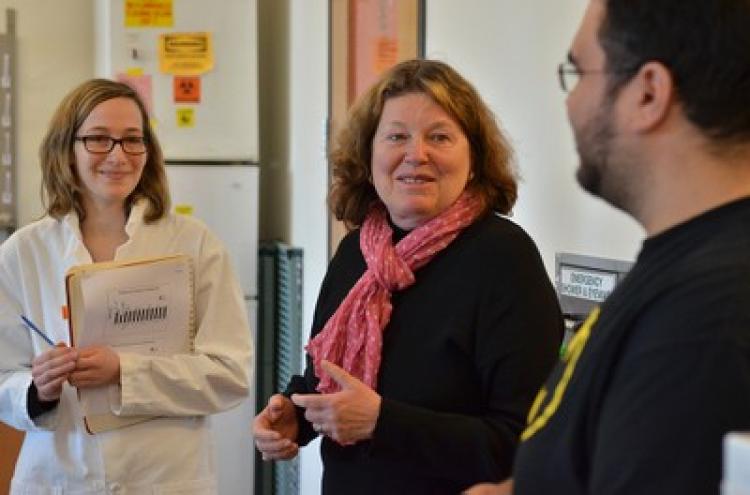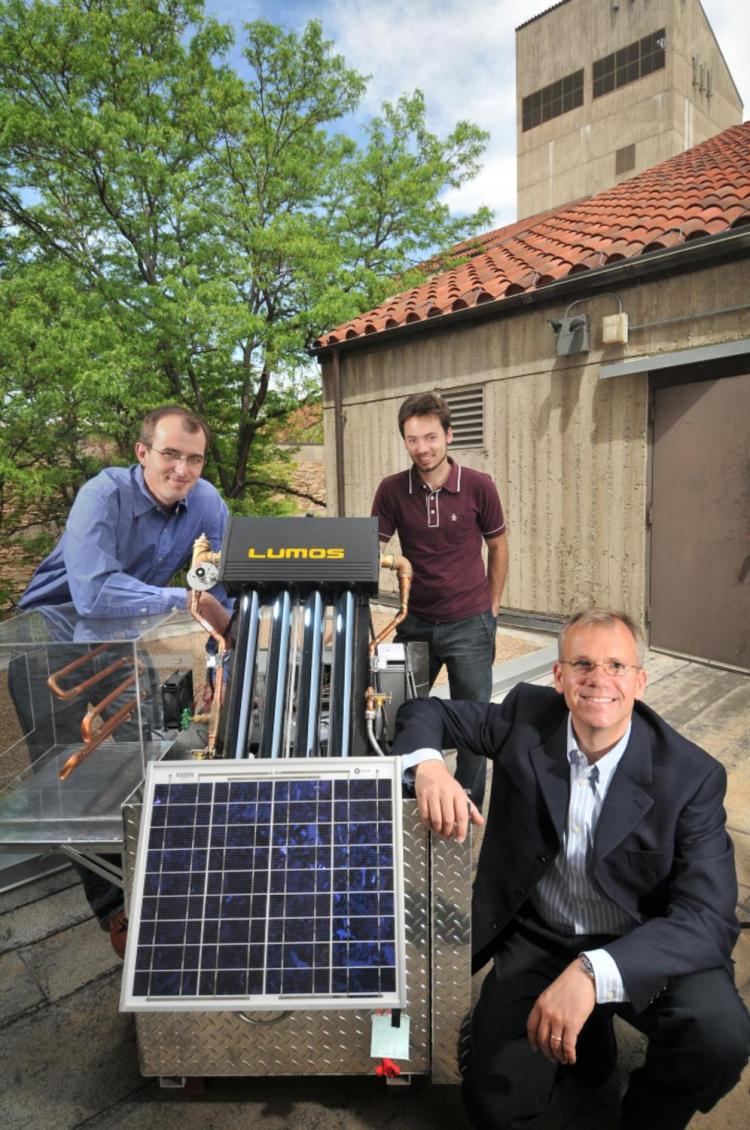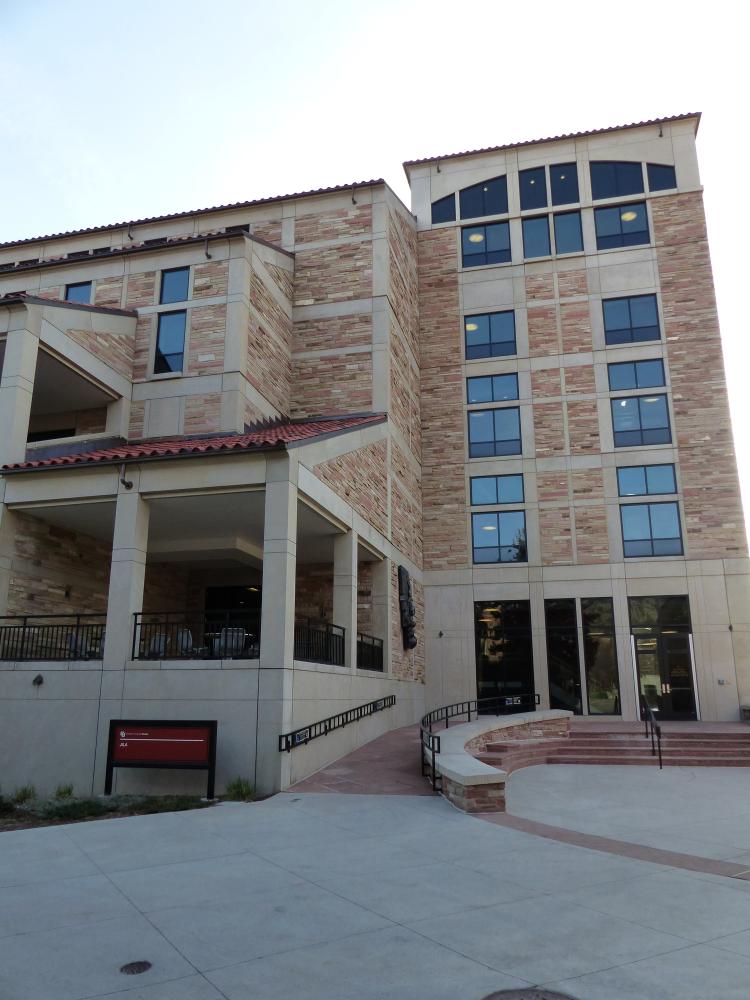Institutes & Programs
The Department of Biochemistry has a long tradition of research in interdisciplinary areas and collaboration with multiple institutes and programs within the University of Colorado Boulder. This unique position offers incoming graduate students unparalleled opportunities for research and faculty the chance for increased collaboration. Several Biochemistry faculty members are fellows within the institutes and programs.
 BioFrontiers Institute
BioFrontiers Institute

The BioFrontiers Institute is uniquely defined both by our excellent faculty, research, and leadership, and by the scientific and geographical ecosystem that empowers our work.
BioFrontiers has a unique “frontier” culture that allows our researchers to explore new areas of bioscience by leveraging the resources and talents across the institute and across the university system. The Institute integrates faculty members from ten academic departments, allowing them to work across disciplines. BioFrontiers serves as a catalyst for bioscience innovation by bridging gaps between academic disciplines, hiring talented researchers, training tomorrow’s leaders and uniting those with shared bioscience research goals. Our research is diverse, and includes four complementary areas of strength and expertise:
- Working with large datasets and genomics to extract data and model biological processes.
- Using bioimaging to visualize, measure and understand biological processes.
- Creating new therapeutic paradigms to support the development of new drugs, vaccines, and approaches to improve human health.
- Studying regenerative biology to engineer new medical solutions.
 RASEI - Renewable and Sustainable Energy Institute
RASEI - Renewable and Sustainable Energy Institute

RASEI (pronounced RAY-see) is a joint institute between the University of Colorado Boulder (CU-Boulder) and the National Renewable Energy Laboratory (NREL) addressing important, complex problems in energy that require a multidisciplinary, multi-institutional approach.
Its mission is to expedite solutions that transform energy by advancing renewable energy science, engineering, and analysis through research, education, and industry partnerships.
RASEI benefits from the strengths of its partner institutions. CU-Boulder is a premier institution for research and education, and its broad spectrum of capabilities and disciplines contributed to its placement of eight in research citation output among U.S. institutions of higher learning (Science, Nov. 2010). NREL is the only national laboratory solely dedicated to advancing renewable energy and energy efficiency technologies from concept to commercial application.
 JILA - Research in the Physical Sciences
JILA - Research in the Physical Sciences

When JILA was formed in 1962 as a joint institue of CU Boulder and NIST, the acronym stood for "Joint Institute for Laboratory Astrophysics". However, JILA's research quickly expanded to include fields like atomic, molecular and optical physics, as well as biophysics, quantum information, precision measurement, and more! So although the name "JILA" has stuck, we no longer spell out the acronym that we have outgrown. The wide-ranging interests of our scientists have made JILA one of the nation's leading research institutes in the physical sciences. Our scientists explore some of today's most challenging and fundamental scientific questions about quantum physics, the design of precision optical and X-ray lasers, the fundamental principles underlying the interaction of light and matter, and processes that have governed the evolution of the Universe for nearly 14 billion years. Research topics range from the small, frigid world governed by the laws of quantum mechanics through the physics of biological and chemical systems to the processes that shape the stars and galaxies. JILA science encompasses eight broad categories: Astrophysics, Atomic & Molecular physics, Biophysics,Chemical physics, Laser Physics, Nanoscience, Precision Measurement, and Quantum Information.
JILA's faculty includes two Nobel laureates, Eric Cornell and John Hall, as well as three John D. and Catherine T. MacArthur Fellows, Margaret Murnane, Deborah Jin, and Ana Maria Rey. JILA's CU members hold faculty appointments in the Departments of Physics, Astrophysical and Planetary Science, Chemistry, Biochemistry, and Molecular, Cellular, and Developmental Biology as well as in the School of Engineering. NIST’s Quantum Physics Division members hold adjoint faculty appointments at CU in the same departments.


